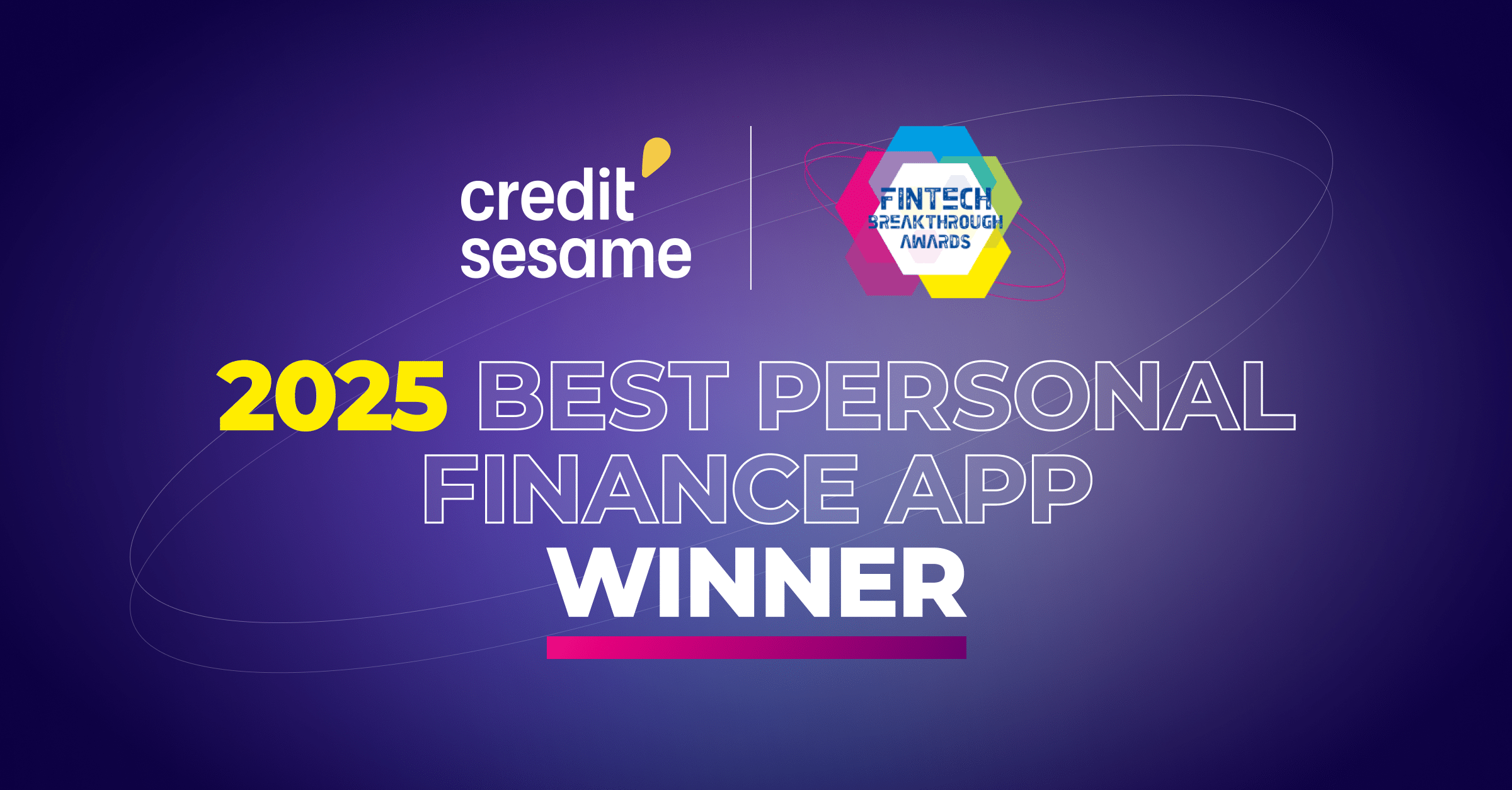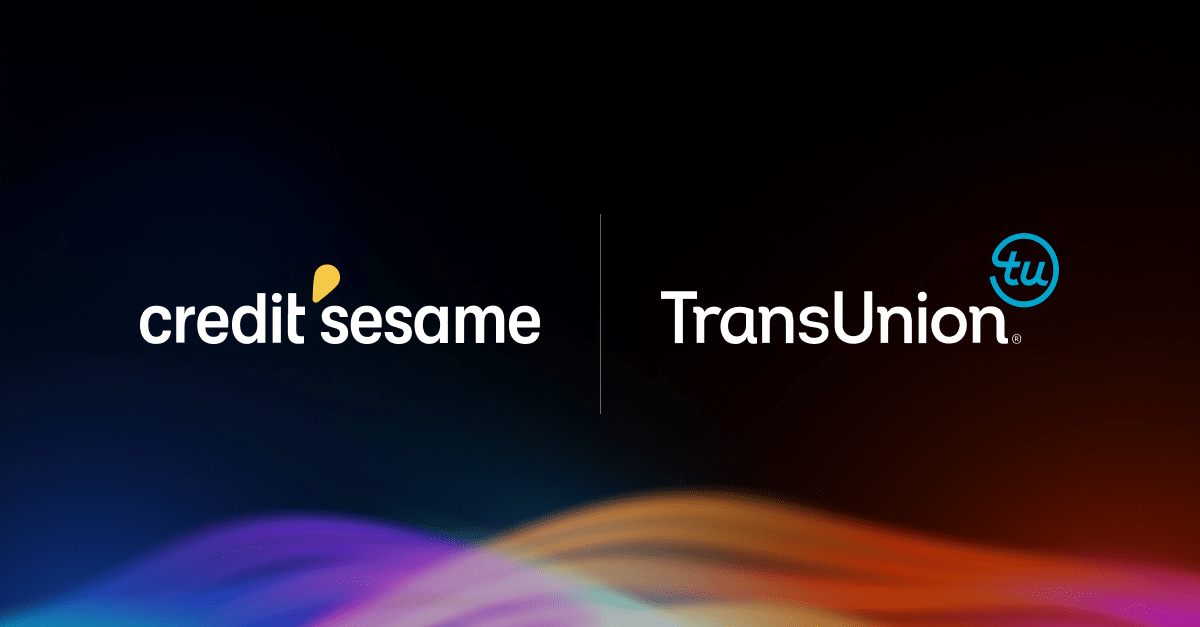One in three millennial women are hiding their credit score, Credit Sesame survey finds
SAN FRANCISCO, Calif. — January 26, 2021 — Black and Hispanic Americans are being hit harder by the credit system, a recent survey from Credit Sesame finds. With poor credit impacting more than just one’s financial picture—it can affect everything from a consumer’s mental health to their ability to get a car loan or lease a cell phone—this racial credit gap comes at a high cost.
According to the research, which surveyed 5,000 adults in the United States, Black Americans report having the lowest overall credit scores of the groups surveyed. More than half (54 percent) of Black Americans report having poor or fair credit (a credit score below 640) or no credit at all, while 41 percent of Hispanic Americans, 37 percent of White Americans and 18 percent of Asian Americans fall into this category.
Black Americans are also at a disadvantage when it comes to financial products, savings and debt. Over half (53 percent) of Black Americans say they are living paycheck to paycheck, significantly higher than 44 percent of Americans overall, and many more Black Americans (21 percent) say they have student loans compared to the rate among all Americans (13 percent). Just 53 percent of Black Americans report having a credit card—a critical component for helping to build a strong credit foundation when used correctly—compared to 63 percent of Hispanic Americans, 67 percent of White Americans, and 79 percent of Asian Americans.
“I was never taught [about finances] growing up,” said a Black American survey respondent. “I was told investing was only what rich people could do.”
Asian Americans, in contrast, say they are thriving in the credit system. More than 80 percent of Asian Americans have a good or excellent credit score (a credit score above 640), significantly higher than the national average of 61 percent. Additionally, 92 percent of this group reported having a positive or neutral experience with their credit.
“While the credit system was created to be blind, this data shows that Black and Hispanic Americans are being unfairly shut out of the system,” said Jay Moon, General Manager of Credit at Credit Sesame. “We’ve seen that the cost of poor credit is much more than financial, impacting everything from mental health to relationships. It’s unacceptable that this is affecting the lives of some more than others.”
The credit score itself is only part of the story—many feel like they are inherently at a disadvantage within the credit system. Hispanic Americans feel nearly as slighted by the system as Black Americans. Nearly a third of Black Americans (30 percent) and a quarter of Hispanic Americans (25 percent) say they never had a chance to build good credit and that the system was stacked against them from the beginning. Further:
- Thirty percent of Black Americans and 27 percent of Hispanic Americans say they were misinformed or tricked in their first interactions with credit, compared to 18 percent among White Americans and 15 percent among Asian Americans.
- Twenty-one percent of Black Americans, 17 percent of Hispanic Americans and 16 percent of White Americans say financial services exist to hurt them, significantly higher than Asian Americans (9 percent).
- Nearly 1 in 3 Black and Hispanic Americans (30 percent) say there aren’t fair credit options for people like them, significantly higher than among White Americans (26 percent) and Asian Americans (23 percent).
- Over a third of Black Americans (34 percent) and Hispanic Americans (32 percent) are fearful and uncertain about the future because of their credit score compared to 27 percent White Americans and 20 percent Asian Americans.
One survey respondent said: “As an African American person, I feel that the odds were always against me. Banks won’t give us loans, etc.” A Hispanic American survey respondent added: “I was misinformed about credit and the way that it works. The odds were never in my favor from the beginning.”
“Creating equal credit opportunity is a critical first step toward helping to close the racial gap in our society, and it’s promising to see so many fintechs recognize this,” said Moon. “Whether it’s creating products explicitly for these underserved groups or providing more ways to access credit and resources, the important thing is to make progress.”
Methodology
Credit Sesame conducted this research using an online survey prepared by Method Research and distributed by Dynata among n=5,000 adults in the United States. The sample was balanced by census targets for age, gender and ethnicity to be nationally representative of the US population. Data was collected from October 16 to October 30, 2020.
About Credit Sesame
Credit Sesame’s mission is to help consumers work toward financial stability and ultimately create better opportunities for themselves and their families. Strong credit health is inextricably linked to financial health and stability, and with the launch of Sesame Cash, Credit Sesame will help consumers manage both. Credit Sesame has helped millions of consumers improve their credit scores, increase their approval odds, lower the cost of credit and save money. Credit Sesame is funded by leading venture capital firms and strategic investors, including Menlo Ventures, Inventus Capital, Globespan Capital, IA Capital Groups, NortonLifeLock, Capital One Ventures, and Stanford University, among others. Credit Sesame currently operates in the U.S. and Canada. For more information on Credit Sesame, visit www.creditsesame.com and follow on Facebook, Twitter and LinkedIn.



















